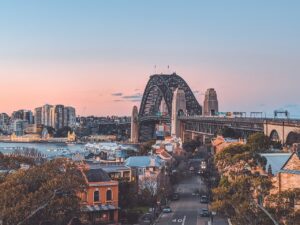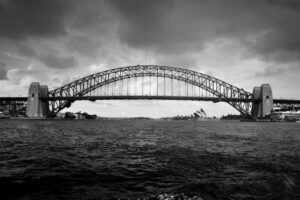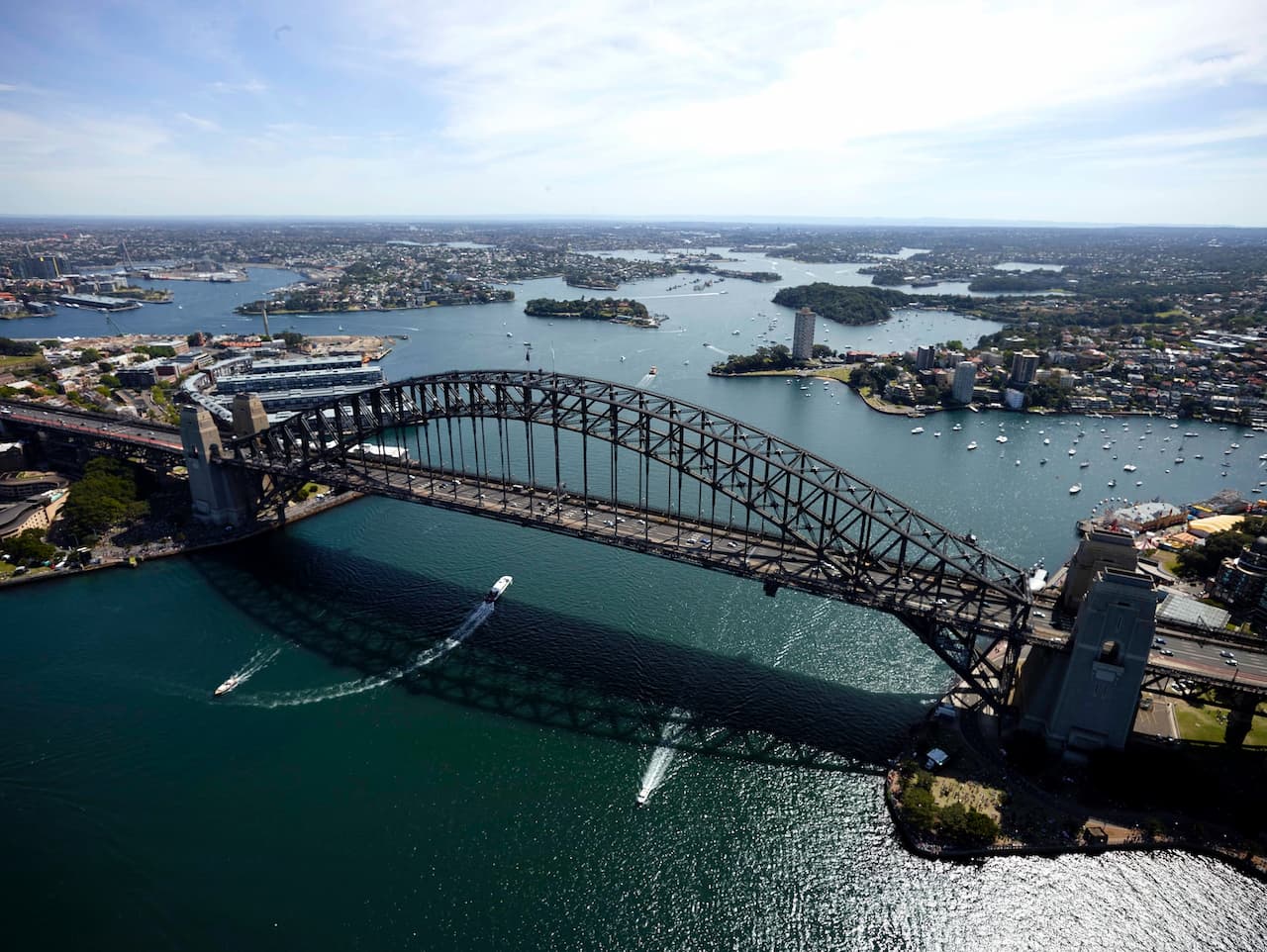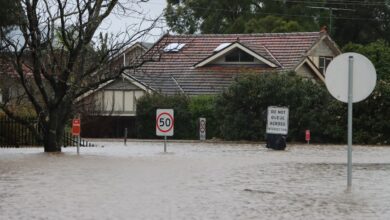Cars To Drive On Top Of The Sydney Harbour Bridge
Cars To Drive On Top Of The Sydney Harbour Bridge
Sydney Harbour Bridge is an iconic symbol of Australia, connecting the northern and southern shores of Sydney Harbour. Its construction was an amazing engineering feat that took eight years to complete; officially opened on March 19, 1932, this bridge has since been seen as a source of national pride.
In the late 19th century, John Bradfield’s design for a bridge across Sydney Harbour was first considered. However, it wasn’t until the early 20th century that momentum gained momentum for its construction. In 1922 his design was chosen as winner of an engineering competition and thus his involvement was essential during construction.
Constructing the bridge began in 1924 and proved a huge undertaking. Digging foundations for two pylons that support it required drilling deep into bedrock beneath the harbor – an impossible task due to hard rock and varying water depths throughout different sections.
To address this problem, engineers employed a technique known as “caisson sinking.” To do this, they constructed two large steel boxes known as caissons and floated them out to where the pylons would be situated. After filling them with concrete, these caissons began sinking to the bottom of the harbor where workers dug out soil inside to make room for concrete foundations. Finally, more concrete was added on top to turn them into permanent parts of the structure.
Another challenge faced during construction was the arch. Constructed with two halves on opposite sides of the harbor and brought together at its center point, it required cables and temporary supports to hold it steady until its completion. Ultimately, both halves of the arch were joined at their center point, and all temporary supports were removed.
arch. Constructed with two halves on opposite sides of the harbor and brought together at its center point, it required cables and temporary supports to hold it steady until its completion. Ultimately, both halves of the arch were joined at their center point, and all temporary supports were removed.
This steel bridge weighs 52,800 tons and extends 1,149 meters long by 49 meters wide with a clearance of 49 meters above water. It has eight lanes of traffic, two train tracks, and an accessible pedestrian walkway for added safety.
Constructing Sydney Harbour Bridge was not without its challenges. Six workers died and many more suffered injuries during construction, costing over six million pounds – but today it stands as an iconic icon in Sydney, beloved both by locals and visitors alike.
Sydney Harbour Bridge is an engineering marvel that has stood the test of time. Its construction necessitated innovative solutions to complex issues and was finally completed in 1932, becoming a beloved landmark of Australia. This feat serves as testament to those responsible for its creation’s ingenuity and perseverance.
New Proposal For Cars to Drive On The Top Of The Bridge
If a new proposal from an expert is approved, cars could soon be driving over the arch of Sydney Harbour Bridge.
To reduce traffic issues, an expert has proposed opening a four-lane highway on top of the bridge’s arch.
“Sydney is an ever-expanding metropolis,” Sir John Harris said in a statement. “It is essential that we keep up with its rapid rate of development and growth.”
“It is essential that we explore all available solutions to enhance the public’s ability to move around the city.”
“Sydney Harbour Bridge has long been an integral part of the city’s transportation network, and this new initiative will significantly reduce traffic congestion in the CBD.”
Last month, a major accident caused havoc for Sydney commuters with 12 kilometers of traffic jams.
Data from the Roads and Maritime Services indicates that speeds on some of the city’s major roads have declined by up to 25 kilometres per hour.
Though few specifics of the plan have been released, an artist’s impression depicts a highway running directly across its 504 metres span, peaking at 134 metres above sea level.
According to a prominent transport engineer, the plan calls for the construction of at least six additional load-bearing pylons and abutments to support additional weight from vehicles, asphalt and traffic signalling equipment.
Enjoy an exciting April Fool’s Day!
If you are a fan of the AFL and the Sydney Swans, read our latest articles about their run at the grand final!





